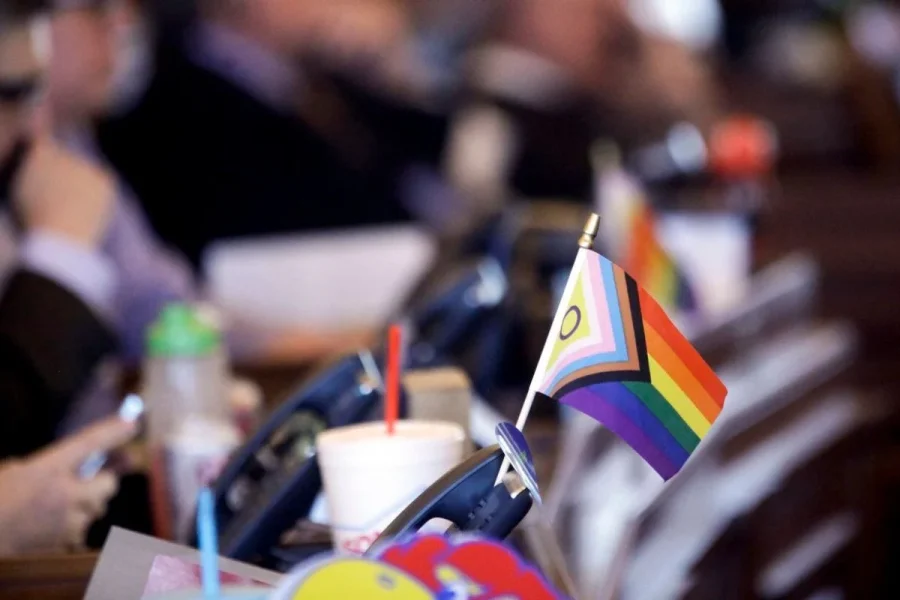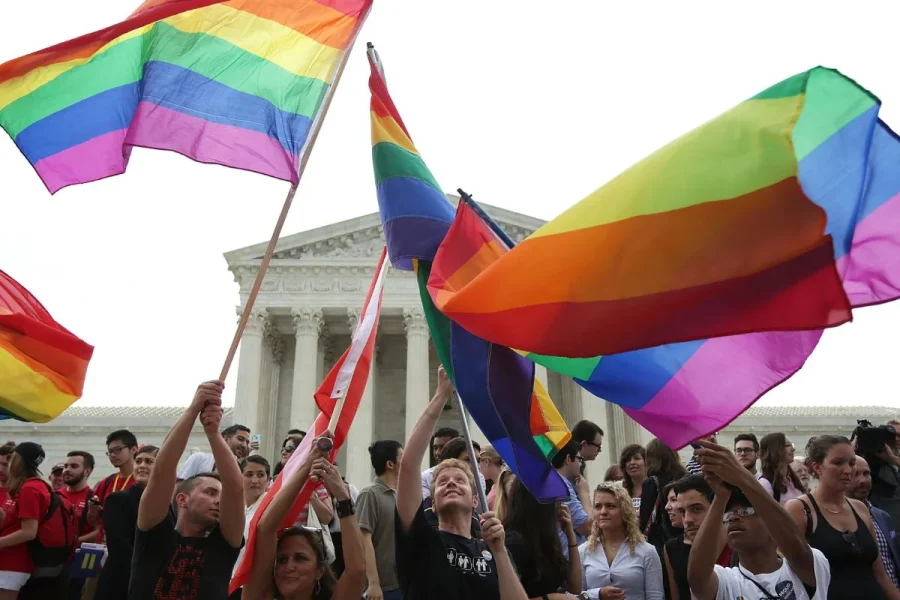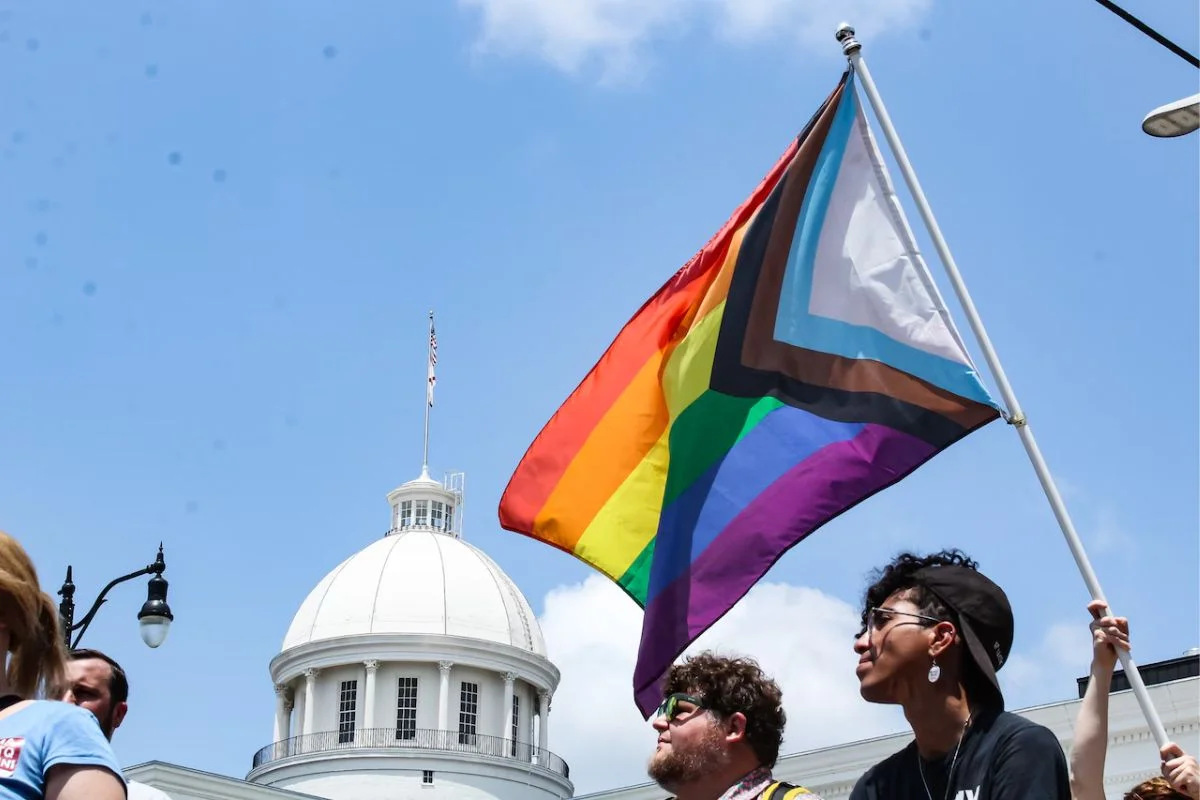Alabama Bill Expands School Ban on Gender: Alabama’s proposed legislation, HB130, expands the ban on discussing LGBTQ topics in schools from kindergarten through 12th grade, potentially limiting important conversations on diversity and inclusion for students. The bill, also known as the ‘Don’t Say Gay’ bill and sponsored by Rep. Mack Butler, has sparked debates on its impact on LGBTQ youth, educational settings, and fostering prejudice.
Critics argue that the restrictions could create a hostile environment and hinder students’ well-being. Understanding the nuances of transgender identity versus gender dysphoria is vital in shaping the future of gender-related education in Alabama.
Introduction and Legislative Proposal
The introduction of Alabama’s proposed legislation, HB130, commonly referred to as the ‘Don’t Say Gay’ bill, seeks to broaden the existing restrictions on discussions surrounding LGBTQ topics within the state’s educational institutions. Sponsored by Rep. Mack Butler, this bill aims to extend the ban on teaching about sexual orientation and gender identity from kindergarten through 12th grade. If passed, HB130 would greatly limit the information and resources available to students regarding LGBTQ issues, effectively silencing important conversations on diversity and inclusion.
This legislative proposal represents a contentious effort to control the curriculum and educational environment in Alabama schools. By prohibiting discussions on LGBTQ topics, supporters of the bill argue that it aligns with certain community values and parental rights. However, critics express concerns that such restrictions could harm LGBTQ students, erode their sense of belonging, and hinder efforts to promote tolerance and understanding in educational settings. The implications of this bill extend beyond the classroom, potentially impacting the social and emotional well-being of students across the state.

ALSO READ: Alabama Proposes Paid Parental Leave Expansion
Opposition and Criticism
Critics of the proposed Alabama bill expanding the school ban on gender topics have raised significant concerns regarding its potential impact on students, particularly LGBTQ youth, highlighting the risks of fostering prejudice and discrimination within educational settings. They argue that the legislation is unnecessary and could create a hostile environment for vulnerable students, emphasizing the importance of inclusive discussions in classrooms. State education leaders and advocacy groups have been vocal in their opposition to the bill, warning about the negative repercussions it may have on students’ well-being and educational experience.
| Criticisms | Concerns | Emphasis |
|---|---|---|
| Unnecessarily restrictive | Impact on LGBTQ youth | Importance of inclusion |
| Potential discrimination | Hostile environment creation | Risks highlighted |
| Lack of educational value | Prejudice fostering | Warning against harm |
| Backlash from communities | Negative impact on students’ well-being and educational experience | Advocating for change |
| Inclusive discussion | Educational settings at risk of fostering prejudice and discrimination against vulnerable students | Need for a supportive environment |
Response and Debate
Amidst the ongoing discourse surrounding the proposed Alabama bill expanding the school ban on gender topics, divergent perspectives have emerged regarding its implications for educational practices and student welfare. While Rep. Butler maintains his stance on protecting children’s innocence and parental rights by restricting discussions on sexual orientation and gender identity in schools, critics argue that such limitations perpetuate misconceptions about transgender individuals. Experts advocate for a more inclusive approach, emphasizing the importance of promoting diversity and understanding the nuances between transgender identity and gender dysphoria.
The bill’s potential impact on educational environments has sparked a heated debate, with proposed amendments seeking to further restrict dialogue, such as limiting discussions at Space Camp and prohibiting the display of Pride flags in classrooms. These provisions have drawn both support and opposition, underscoring the complex nature of balancing personal beliefs, educational standards, and inclusivity within the school system. As the bill progresses through the legislative process, stakeholders continue to engage in discussions aimed at shaping the future of gender-related education in Alabama.

News in Brief
Alabama’s proposed HB130, dubbed the ‘Don’t Say Gay’ bill, expands restrictions on discussing LGBTQ topics in K-12 schools, sparking debates. Sponsored by Rep. Mack Butler, the bill aims to limit conversations on sexual orientation and gender identity, potentially stifling diversity and inclusion discussions. Critics warn of its impact on LGBTQ youth’s well-being and fostering prejudice.
Opposition highlights concerns about creating a hostile environment and advocating for inclusive education. Rep. Butler emphasizes protecting children’s innocence and parental rights, while experts stress the importance of understanding transgender identity versus gender dysphoria. The bill’s progression prompts discussions on balancing personal beliefs, educational standards, and inclusivity, shaping the future of gender-related education in Alabama.

